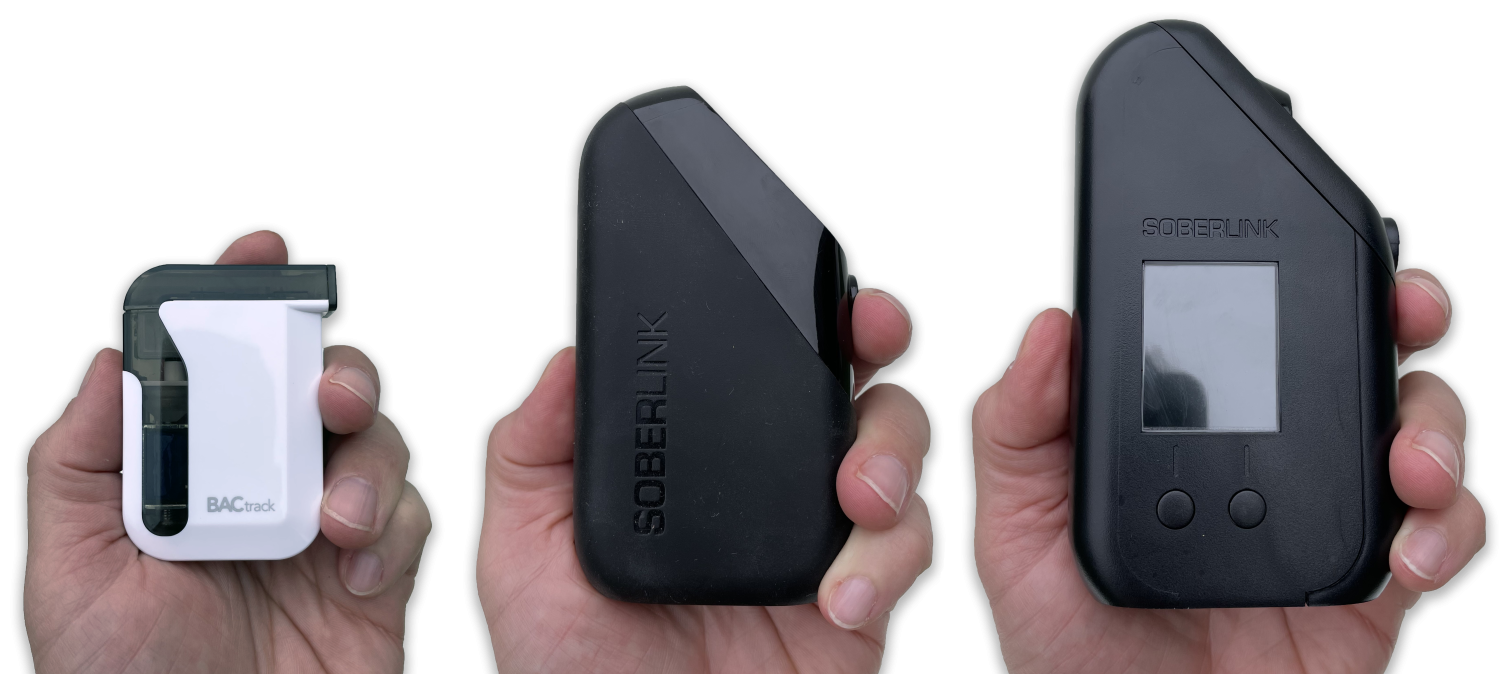Choosing the right alcohol monitoring method is crucial for individuals in recovery, legal cases, or professional settings. Two common options are Soberlink and traditional monitoring methods. Understanding the differences between them can help you decide which one suits your needs best.
1. Understanding Soberlink
Soberlink is a remote alcohol monitoring system designed for accuracy, accountability, and convenience. It uses advanced breathalyzer technology combined with real-time reporting to ensure compliance.
Key Features of Soberlink:
- Real-time results sent instantly to assigned contacts.
- Facial recognition technology to prevent tampering and ensure identity verification.
- Cloud-based monitoring for easy access to test history.
- Customizable testing schedules that offer flexibility based on individual needs.
- Portable and discreet design, allowing users to test from anywhere without visiting a monitoring center.
2. Traditional Alcohol Monitoring Methods
Traditional alcohol monitoring methods include urine tests, blood tests, and in-person breathalyzer tests. These methods have been used for years in legal and professional settings.
Common Traditional Methods:
- Urine Tests: Detect alcohol consumption within a 12–48 hour window but can be affected by dilution.
- Blood Tests: Highly accurate but invasive, often used in legal cases.
- In-Person Breathalyzers: Require individuals to visit a monitoring center for scheduled tests, which can be inconvenient.
3. Key Differences between Soberlink and Traditional Monitoring
Soberlink provides real-time testing, remote access, and advanced identity verification, making it a convenient and secure option for those who need regular monitoring. Traditional methods, such as urine and blood tests, require in-person visits and can take longer to produce results. While blood tests offer high accuracy, they lack the flexibility and immediacy of Soberlink. Urine tests, on the other hand, can be tampered with and do not provide instant results.
4. Which Option is Right for You?
Soberlink is an excellent choice for individuals who require real-time results, remote testing, and accountability through secure monitoring. It is particularly beneficial for those in recovery, legal situations, or workplace compliance programs. Traditional monitoring methods, such as lab-based urine or blood tests, may be preferable for those who need one-time alcohol level verification or court-mandated testing.
5. What Users Say About Soberlink
Many individuals who have used Soberlink praise its reliability and convenience. Reviews highlight how the system has helped them stay accountable while maintaining privacy and flexibility. Soberlink Reviews often mention its effectiveness in rebuilding trust with family, employers, and legal authorities. The ability to test remotely and receive instant results has made a significant difference for many in their sobriety journey.
Final Thoughts
Both Soberlink and traditional monitoring have their benefits. The right choice depends on your specific needs, whether it’s legal compliance, workplace monitoring, or personal accountability. Soberlink offers a modern, technology-driven approach, while traditional methods remain useful in formal settings. Evaluate your goals and choose the method that best supports your journey to sobriety and accountability.

